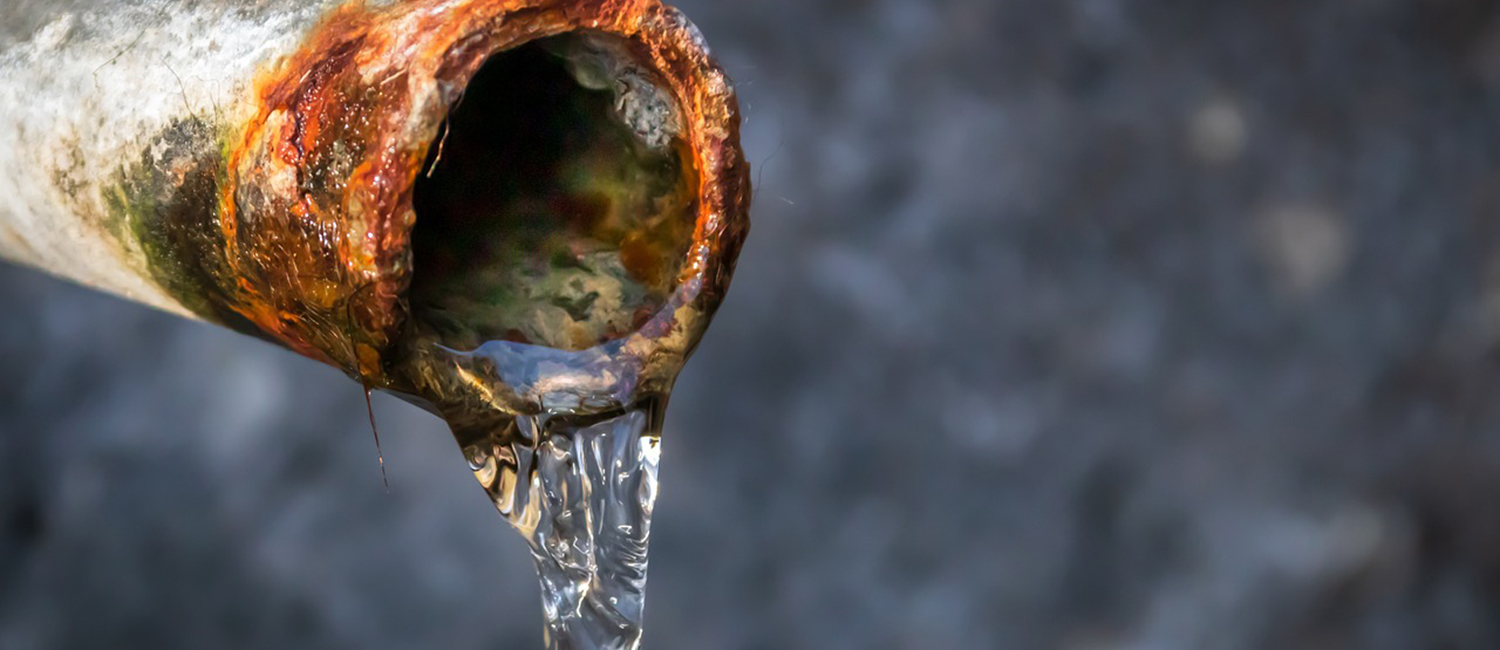By Heidi Jeter, Freshwater Collaborative
After nearly 100,000 people in Flint, Mich., were exposed to lead contamination through their drinking water, the EPA increased efforts to prevent such a disaster from happening again. Actions included creation of Lead and Copper Rule Revisions that require states to identify and eventually replace lead service lines.
Efforts shifted into high gear in 2023, when the EPA proposed revisions of the Lead and Copper Rule that would set the goal of achieving 100 percent lead pipes replaced within 10 years. The cost of doing so is being supplemented by billions of dollars from the 2021 Bipartisan Infrastructure Law. A critical component to reaching this goal is knowing which service lines need replacing.
The Freshwater Collaborative has created a unique partnership with Jacobs Engineering and UW Oshkosh that trains students and helps Wisconsin meet the EPA’s Lead and Copper Rule Revision deadline of Oct. 16, 2024, for public water systems to submit their initial lead service line inventory.
Jacobs was contracted by the Wisconsin Department of Natural Resources last fall to identify the location and material of service lines across the state. Just under 2,000 public water systems in Wisconsin are regulated by the Lead and Copper Rule. Jacobs recognized they would need additional staffing resources to inventory service lines in up to 435 of those community water systems in the state.
Working with the Freshwater Collaborative and UW Oshkosh, Jacobs was able to quickly recruit and hire 22 students from 10 of the Universities of Wisconsin to work on the project in 2023 and 2024. The students are working directly with water systems, gaining valuable job skills. The service line data collected will be used to create and implement a comprehensive plan to remove lead service lines in Wisconsin.
“When we came up with partnership idea, it was with the hope of providing real-world experience in a subject area that has a direct connection to human health and safety in people’s everyday life,” says Cathrine Wunderlich, principal technologist in water and wastewater at Jacobs. “It has been really fulfilling to watch the students and staff learn, participate and realize how important this work truly is. We are grateful for their help and the opportunity for this project to be a steppingstone in their long-term career success.”
Having completed a class project on the consequences of lead in the United States, Baylie Hansen, an Environmental Sciences major at UW-Whitewater, was eager to get hands-on experience addressing the issue on a local level.
“I am hoping the knowledge and hands-on experience I gain from being involved in this project will make me a more well-rounded candidate for jobs that involve both water quality and policy,” Hansen says.
Skylar Johnston, who is in the Master of Biological Sciences program at UW-Parkside, says all her previous research experience revolved around examining flora and fauna in lakes and rivers. She was curious to learn more about how water is transported in city systems and how to assess the safety of those systems.
Students are working with Jacobs employees, local government entities and public utilities to collect service line data from a variety of information sources, such as construction and plumbing codes, permits, water system records, historical records, meter installation records, historical capital improvement or master plans, and other relevant records. Multiple sources of system-specific data is populated into a master database and informs in-person field visits performed to review records and identify service line materials.
It has been an eye-opening experience for Stephanie Gruenloh, a graduate student at UW-Milwaukee’s School of Freshwater Sciences, who wanted to gain experience working with municipalities. She now has a greater understanding about how federal regulations affect local policies and how local systems differ from region to region.
“It has really opened my eyes to the variety of systems and the challenges each face as they attempt to comply with EPA regulations,” she says. “The practical experience has been invaluable. I feel confident to pursue a career in environmental remediation or branch out to something more directly related to policy development.”
If you are a company interested in hiring university students to work on similar projects, we invite you to reach out to the Freshwater Collaborative to see how we might partner.

